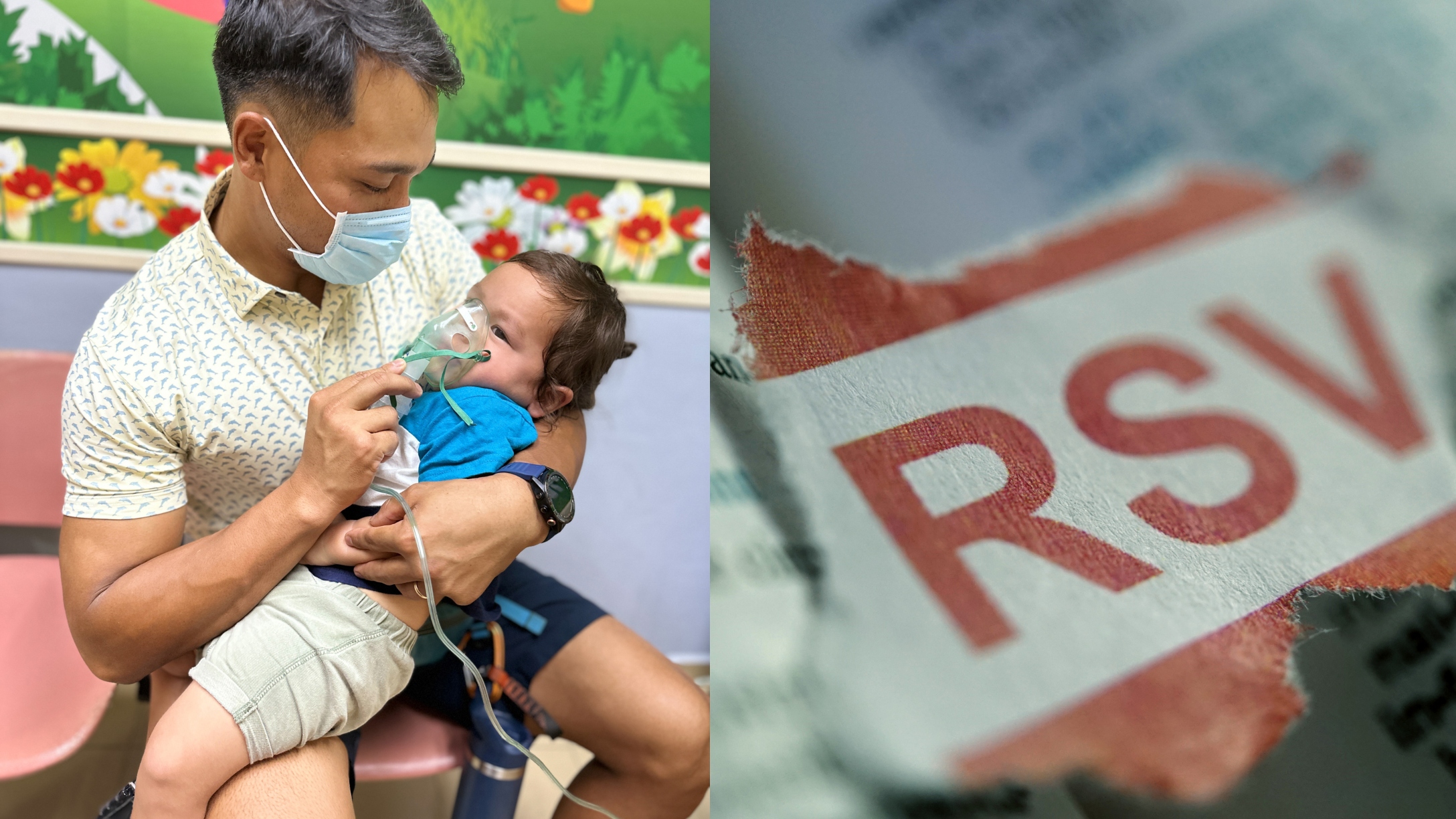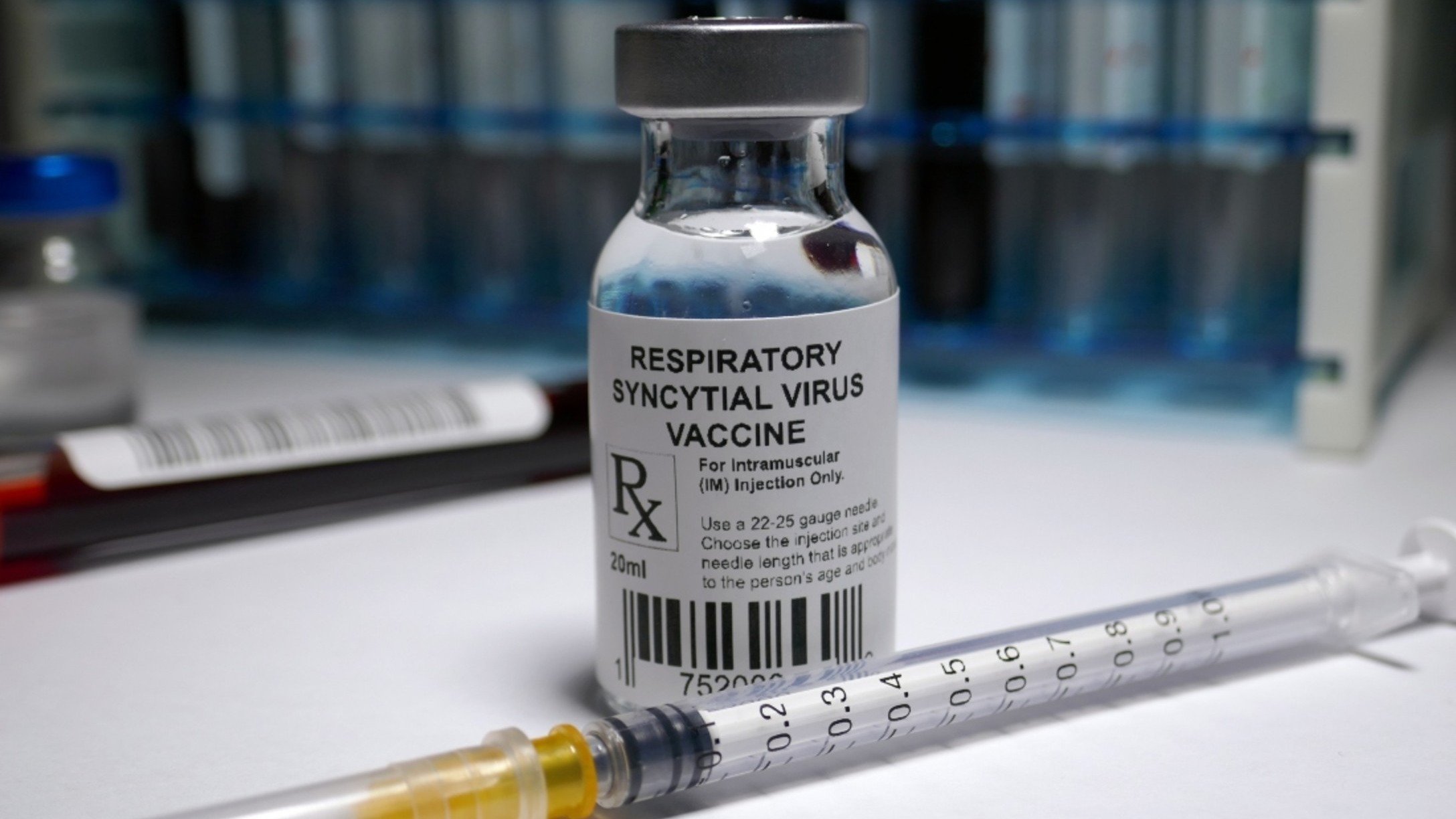
The leaves are changing colors. The temperatures are cooling. The holidays are approaching. And sadly, the germs are spreading. We’re now at the very beginning of cold and flu season, and many are arming themselves with the latest rounds of vaccines and boosters.
But for others, the life-saving medicine they need is in short supply. This is the case with the most vulnerable population: newborns who may be suffering from respiratory syncytial virus, or RSV.
More from CafeMom: Pediatrician & Mom on Instagram Shares How To Help Keep Children Safe During 'Tripledemic'
A doctor says RSV has become the most common respiratory infection.
As cases of RSV have started to rise, the Center for Disease Control and Prevention, or CDC, has informed doctors that there is limited availability of certain doses of the antibody drug given to infants.
As Dr. Buddy Creech, a pediatric infectious disease doctor at Vanderbilt University Medical Center in Nashville, Tennessee, said, “RSV season is here. We are seeing a substantial increase in the amount of RSV such that in many areas, it has become the most commonly identified respiratory virus causing disease in children,” according to NBC News.
More from CafeMom: Moms Consider Alternatives as Children's Tylenol Becomes Scarce in US Amid Canada Shortage
The medicine is called Beyfortus.
To combat the shortage, medical professionals are trying to determine which babies are at the highest risk and trying to prioritize them when it comes to handing out medicine. The Food and Drug Administration approved the drug Beyfortus back in July.
It acts like a vaccine in the body, delivering antibodies straight to the bloodstream via injection, according to NBC News. Newborns can get doses of the medicine during their first RSV season.
The highest dosage of the medicine is what is in short supply.
Older children, up to age 2, who are at high risk for severe illness can get second doses the following year. The highest dose of Beyfortus, 100 milligrams, is in "limited supply," the CDC noted in an alert, per NBC News.
The CDC has advised doctors to give the drug to infants under 6 months and those with underlying conditions. The agency advised that the 50 mg doses be administered to infants who weigh less than 11 pounds.
The demand was higher than the company expected.
Sanofi, the maker of Beyfortus, explained in a statement that the demand for the product was higher than it foresaw.
“Despite an aggressive supply plan built to outperform past pediatric vaccine launches, demand for this product, especially for the 100 mg doses used primarily for babies born before the RSV season, has been higher than anticipated," the statement read, per NBC News.
Other options exist.

Another RSV treatment option is Synagis, but it’s only for high-risk infants and can only be administered during RSV season.
There is another option for women who have yet to give birth. In August, the FDA approved Abrysvo, an RSV vaccine for pregnant women in their third trimesters, NBC News reported. The vaccine protects the babies until they are 6 months old.




